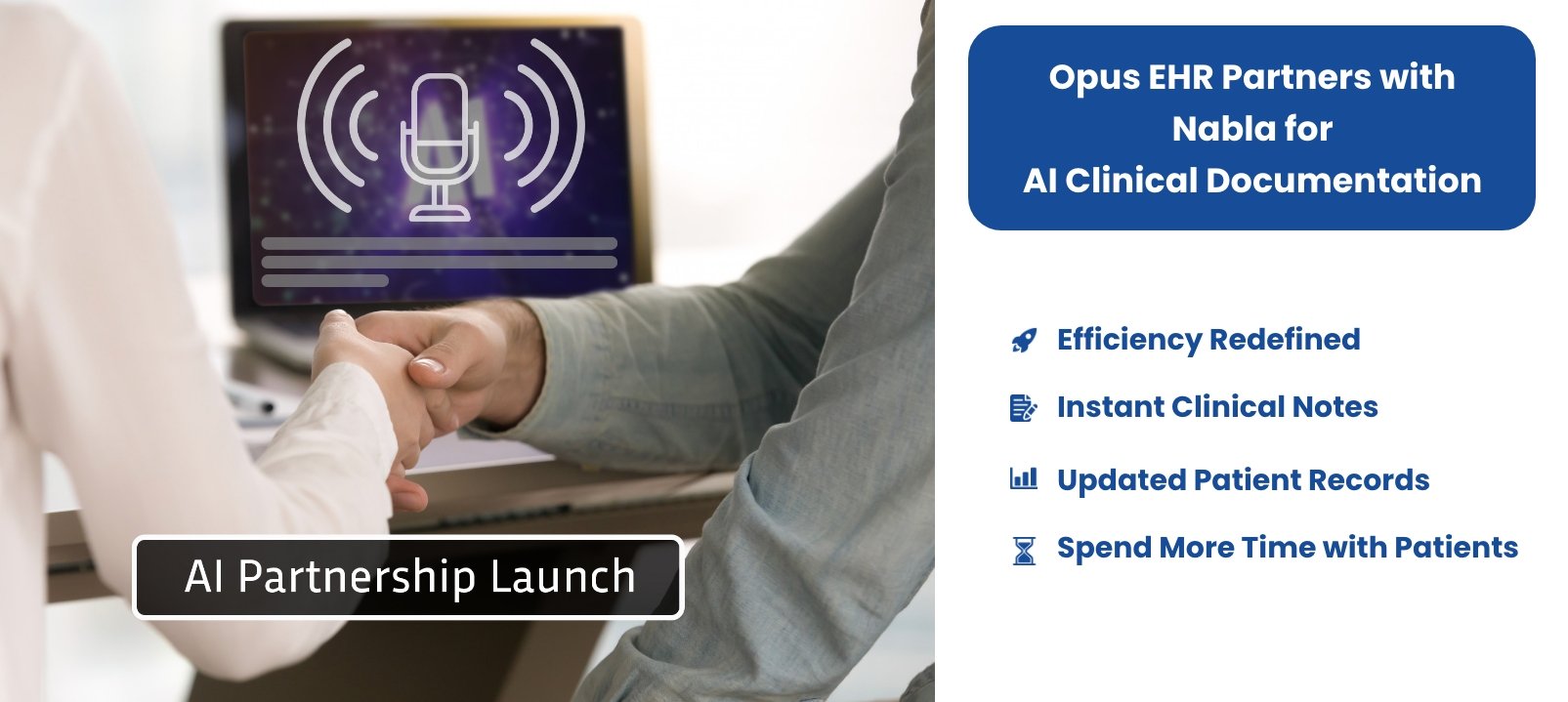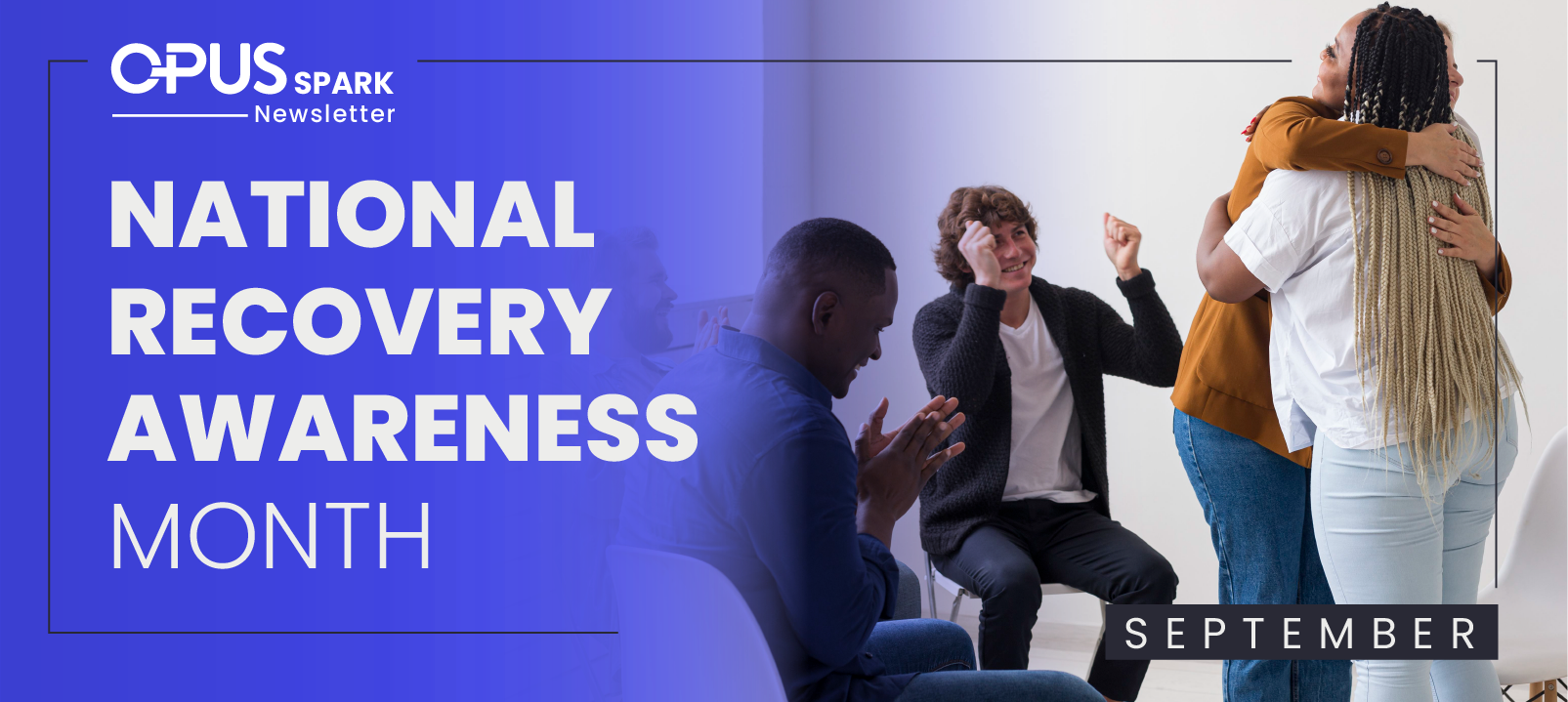Faith-Based Medicine in Behavioral Health – Does God have a place in the Waiting Room?
Sometimes behavioral health medicine patients need an antidepressant, sometimes they need group therapy, and sometimes they need God. A common challenge faced by clinicians in evaluating behavioral medicine patients is to ask mental health sufferers: What grounds you during a panic attack or an episode of suicidal ideation? What prevents you from acting on the demand hallucinations you experience?
Sometimes it is the thought of their children, a loved one, or a friend that helps them take control of the voices telling them they aren’t enough. And sometimes, it’s God or their faith.
Providers therefore not only have the challenge of medically managing these patients but also working to collect demographic and personal data on intake forms. But are you using this information to help your patients or is it just wasted breath during the triage process?
- If a patient identifies as a Christian, have you discussed this with them?
- Could their faith be a friend in their healing process?
- Would they be more successful if they could undergo treatment at a Christian-based center?
Some studies suggest faith-based programs might incorporate religious services into the healing process and can help patients focus on a higher power. Or, they might encourage patients to search for and explore the connection to whomever or whatever God they worship.
Faith-based programs have the same science-backed methods of behavioral health treatment
Faith-based programs have the same science backed methods of treatment – and they also utilize spirituality to help patients deal with and heal from the underlying etiologies that may have provoked their substance use disorder in the first place.
Mental health disorders and the battle for sobriety in addiction medicine requires all hands-on-deck: clinicians, case management, support groups, and if the patient identifies with it, a faith-based approach.
Why not capitalize on every avenue to support our patients in a truly patient-centered approach to behavioral healthcare?
Don’t let faith-based care be reserved for end-of-life treatment plans – it’s important to incorporate it now and make it a part of the standard treatment process. Substance abuse isn’t an easy disorder to overcome – clinicians need to pull out all the stops for these patients and support them in every aspect of medicine. When all else fails, what do you turn to? Is it faith?
These are important questions to help patients to discover about themselves during their healing process.
- Are these questions too intrusive for a provider to ask a patient?
- Does a certain level of rapport and trust need to be established before learning more about a patient’s faith?
- And how does this impact their healing?
Maybe this seems like a provocative discussion, but maybe these questions need to be posed for the sake of your patient’s treatment outcomes. Here are some questions to ask yourself:
- How do you incorporate faith-based medicine into your own practice?
- Do you document if a patient has a strong sense of faith? If so, how do you use that information to support them?
- Does your clinic track patient religious preferences in your electronic heath record? If so, how do you utilize this data?
- How can you start using this data to support patients in their treatment process?
- Have you ever referred to a faith-based treatment facility?
Chaplains get paged for tragic accidents where patients aren’t expected to overcome their injuries or for patients that have already succumbed to them. Some families and religious practices have special faith-based traditions that are important to families during end-of-life care. For example, during hospice – pastors, priests, rabbis, purohits, imams, and other religious or spiritual providers are often called to work with patients and their families as they process their final chapter here on earth.
Why do we wait until end-of-life care to support patients with a faith-based approach to treatment?
By incorporating this powerful component of healing now through faith-centered support and programming, we can further customize patient care. In many cases of severe mental illness like substance use disorder, we may be able to change a conversation that was once leading in the direction of end-of-life planning and turn it around to become a conversation about new found life.
In summary, clinicians need to question why is faith-based medicine reserved for end-of-life care? We challenge this idea and argue that it should be implemented into current treatment practices, especially in mental health and substance abuse where we often ask our patients what grounds them in those tragic moments of suicidal ideation or amidst a paralyzing panic attack?
If faith is the answer or even part of the answer–why aren’t we capitalizing on that and giving our patients every chance for success in the battle against addiction?
If we can prescribe a pill, why can’t we prescribe a practice that patients are already engaging in?
If faith isn’t a part of a patient’s life – that’s fine. But if it is, this is another tool in our toolbelt and its our job as clinicians to advocate for our patients and give them every chance at success in healing.
Maybe their faith serves them in small ways – maybe a prayer helps them refocus when they want to reach for another drink. Maybe faith is part of their coping mechanism when they are in the lowest of lows. Maybe it doesn’t have to be some grand devotion. Maybe it’s a network of people around them. Maybe it’s a community that they find belonging in and encouragement from. Maybe it is just an acknowledgement that today, they aren’t in this fight alone.
You have questions. We have the answers.
With Opus Behavioral Health EHR – you are never alone on this journey to guiding your patients to a healthy life. Specifically designed for the behavioral health industry, our platform was created to help providers deal with the challenge of providing professional clinical services and improving patient survey outcomes.
We are here to provide the most customizable solutions for optimal clinical practice and patient care. Put your faith in us and schedule a demo today.
To learn more, schedule a time to talk to us.






